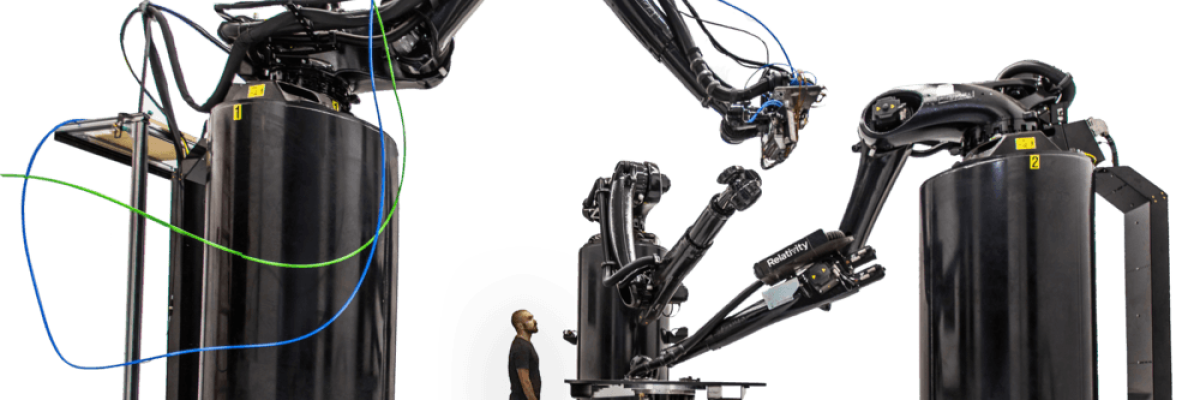The private space industry continues to develop rapidly. The California startup, “Relativity”, wants to make the production of rockets faster and cheaper with the help of 3D printing. The company's founders -...
The private space industry continues to develop rapidly. The California startup, “Relativity”, wants to make the production of rockets faster and cheaper with the help of 3D printing. The company's founders - former “Blue Origin” engineer, Tim Ellis, and Jordan Nun, who worked for SpaceX, are sure it will give them a great advantage over their competitors by reducing the number of parts from 100,000 to less than 1,000 and by automating the assembly process.
By reducing the cost of labor through automation, the company expects that the creation of a rocket worth $10 million and a payload of 1,250 kg will take only two months. “Relativity” has developed the largest metal 3D-printer in order to print rocket parts. Thanks to 3D printing, the parts are about twenty percent stronger than its non 3D printed equivalents, and the design is more reliable due to the reduction in the number of parts.
The company entered into an agreement with NASA for the exclusive lease of the E4 test facility in South Mississippi for 20 years. “Relativity” decided to use the existing NASA infrastructure instead of creating its own sites like other companies. Thanks to cooperation with NASA, “Relativity” will be able to test missiles around the clock, and not have to get permission to launch each time. In addition, this will significantly save them money since they are still a small company.
The startup was founded in 2015. To date, “Relativity” employs only 17 people. For several years the company has been working in covertly, but now it is beginning to disclose its ambitious plans. In the second stage of financing, “Relativity” received $35 million from Playground Global, Social Capital, Y Combinator Continuity, and Mark Cuban. The investments will help launch the mass production of rockets and expand their staff to up to 45 people. In 2020, the company plans to make their first test launch, and to begin commercial flights in 2021.
Read also: What Is A Venture Fund?
Share this with your friends!






Be the first to comment
Please log in to comment